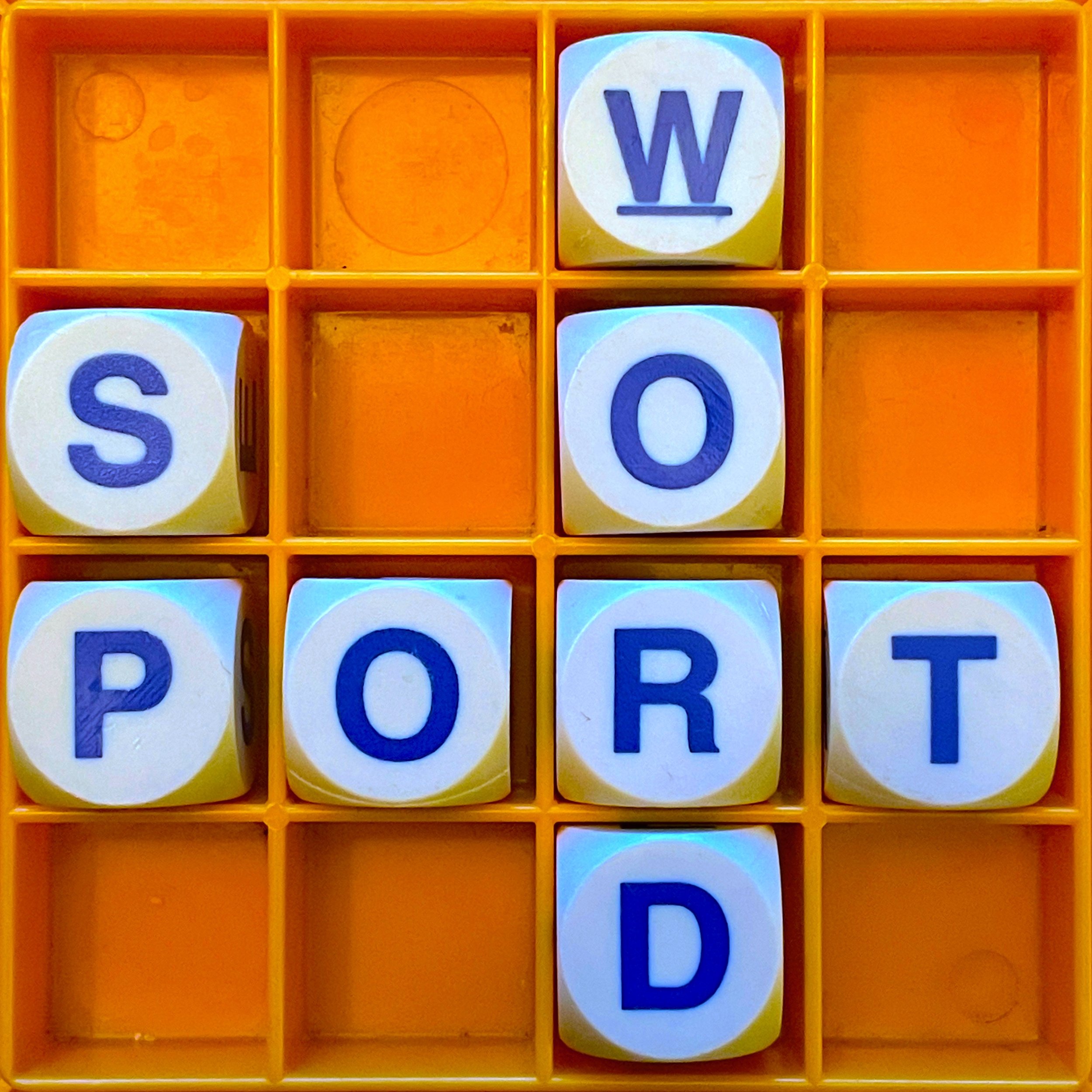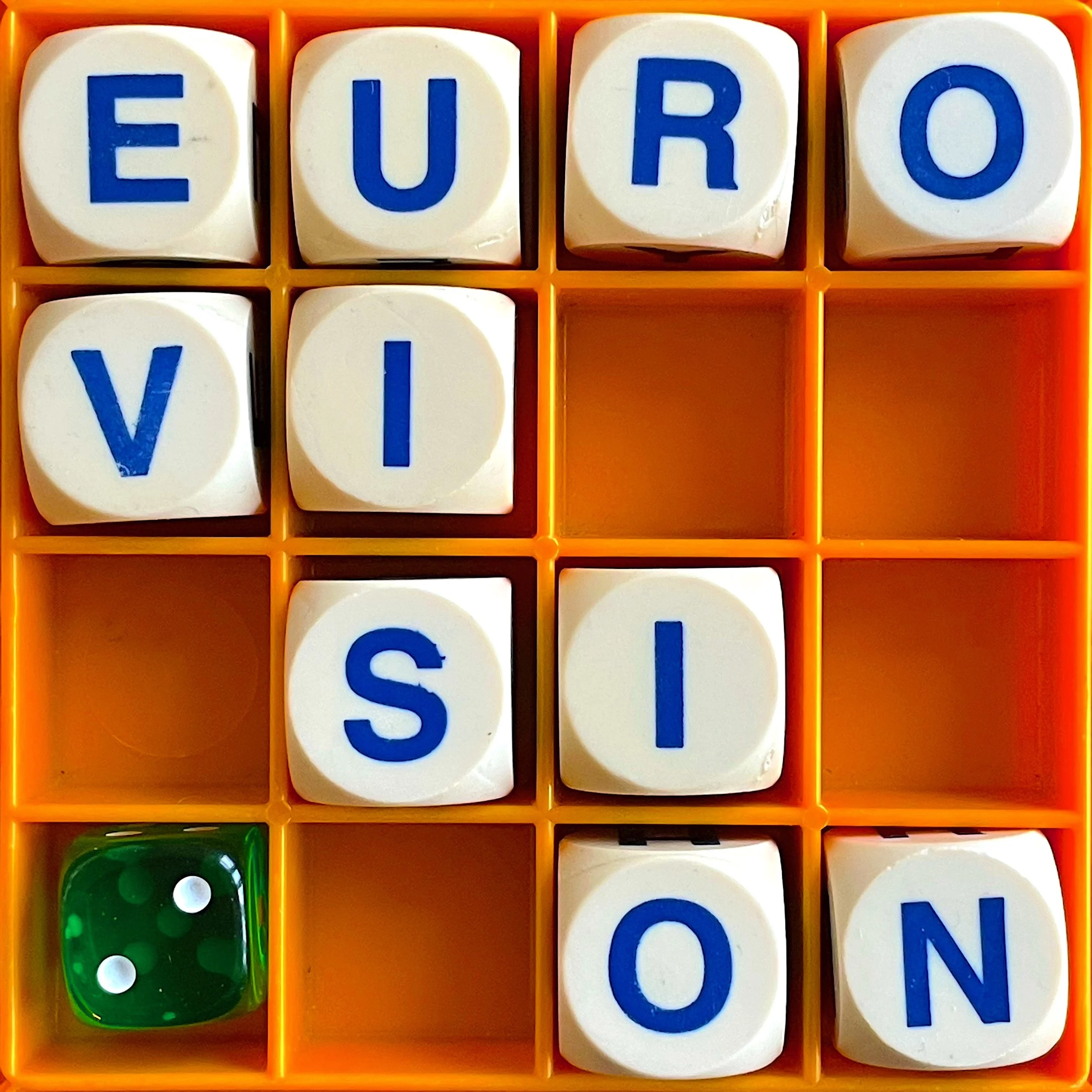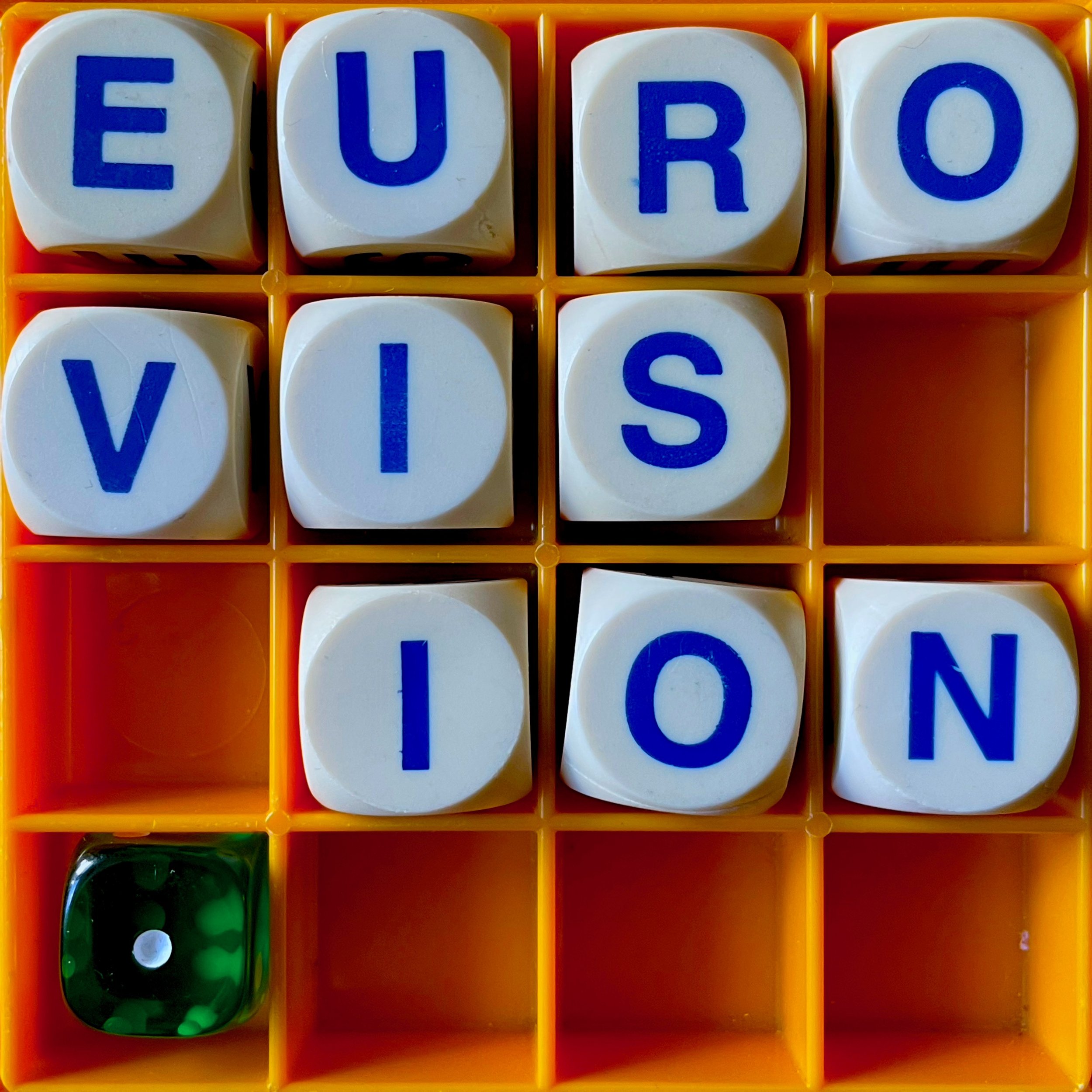Unleash the bees!
Read moreAllusionist 196. Word Play part 6: Beeing
DEV SHAH: Spelling is about roots, language. I genuinely loved getting a word I didn't know and having all this information - it was like a detective case: you have the language of origin, the definition, alternate pronunciations, roots; it's like witnesses and having details to a crime scene, forensics. And, you know, it was just me piecing out together, doing what I love, in front of millions of people, shining on a stage, cameras, and still getting a lot from it.
HZ: And you got to do all that detective work in ninety seconds.
DEV SHAH: Exactly.
Allusionist 175 Eurovision part 2 transcript
DEAN VULETIC: There are lots of economic, cultural and political factors that can decide which language will be most represented in a country's entries, even when it has various national languages.
HZ: Azerbaijan: the only country never to have entered in its national language.
DEAN VULETIC: Correct.
HZ: Could be this year.
DEAN VULETIC: Errrr, I doubt it, because the Azerbaijani government has been very ambitious in Azerbaijan’s Eurovision entries, in using them as a tool of soft power and cultural diplomacy. It has spent a lot of money in getting well-known songwriters and composers from across Europe to produce pop hits that could really win Eurovision. And of course, this means hits in English. And once Azerbaijan did win Eurovision in 2011 and went on to host the most expensive Eurovision ever in Baku. So Eurovision is also popular among dictators as a tool of cultural diplomacy - or as a tool for whitewashing their human rights and democratic records.
Allusionist 174 Eurovision part 1 transcript
The Eurovision Song Contest has given us the international renown of Celine Dion, Måneskin, Dana International, Conchita Wurst and Riverdance; tear-off skirts, nul points, shiny shiny costumes, a band of babushke dancing around an onstage bread oven; not to mention fraught politics, within and between nations. And most importantly for our purposes: linguistic intrigue! So much linguistic intrigue.
Read moreAllusionist 159 Bufflusionist transcript
HZ: ‘Vampyre’ with a Y was pretty interchangeable with ‘vampire’ with an I when it first landed in English. Actually, I think the first appearance in English was with a Y. We probably got it from French or German, but it was based on - it’s a little unclear, but it was based on Hungarian, possibly, or Slavic languages. And it was because, at the time, they were doing a lot of coverage of the Serbian vampire epidemic of 1725 to 1732.
JENNY OWEN YOUNGS: Oh, of course.
HZ: Apparently there were a lot of Eastern European vampire epidemics.
KRISTIN RUSSO: What is a vampire epidemic?
HZ: I assume an epidemic of vampires. Imagine Covid, but for vampirism. And no vaccine. No masking is going to save you.
Allusionist 109. East West - transcript
ÉTIENNE ROEDER: There are some words that still exist. There are some expressions you could still tell that these people that the people come from the East or the West. For example, in the Western part, they say ‘Plastik’, and in the Eastern part, I would say they say ‘Plaste’ because there was a company in the East - there was actually just one company in the East that produced plastics and that was called Plaste und Elaste, and because of that, all the people would call plastics ‘Plaste’. And you you could still tell today if someone says ‘Plaste’ and instead of ‘Plastik’ that this person is probably from the Eastern part.
ESTHER-MIRIAM WAGNER: ‘Plastetüte’ - plastic bag. I mean I remember going to school with a plastic bag and being sent home because it was a West German bag. This was a very precious item - you would keep a ‘Plastetüte’ for months and you would reuse it and reuse it and reuse it until it was just tatters. That was a precious object.
MATTHIAS EINHOFF: My son, when he tries to identify if someone is coming from a West German or East German family, he asks them how they call the thing that you put your bathroom things in: East Germans say ‘Waschtasche’ and West Germans say ‘Kulturbeutel’. And that’s the ultimate identifier whether you come from a East or West German family.
Read moreAllusionist 95. Verisimilitude - transcript
HZ: Approximately how many languages have you invented at this point?
DAVID PETERSON: I think I've invented over 50 languages at this point. Not all of them are very large in terms of vocabulary size, and not all of them are very good. I had created about 17 before I ever started working on Game of Thrones.
HZ: The languages you hear in Game of Thrones: Dothraki -
[CLIP] Khal Drogo: “Moon of my life, are you hurt?”
HZ - the various dialects of Valyrian:
CLIP: Daenerys: “Valyrian is my mother tongue.”
HZ: - those aren’t the actors making up some gibberish. Those are functional languages, with large vocabularies and complex grammars and etymologies.
Read moreAllusionist 80. Warm Front - transcript
NATE BYRNE: One of the things I find really strange when it comes to the weather is that we're all experts and all idiots at the same time.
HZ: You’re supposed to be the expert though.
NATE BYRNE: Right. Yeah! But I mean, we all live in it every day and we all feel like we understand the weather really well and we hear weather reports every single day. Now, if you are practicing a skill every day, on average you're generally excellent at it; that’s a real strength of yours. But it turns out that meteorologists typically haven't been very good at telling people what it is they're trying to tell them. So showers, just for example, means the rain's going to start and stop and start and stop; it doesn't tell you anything about the volume. Rain means it's just going to be continuous, and again doesn't tell you anything about the volume; but we have built, somehow, cultural expectations and understandings that go with those words that the scientists don't actually mean when they're using those words and it makes a really tricky job.








